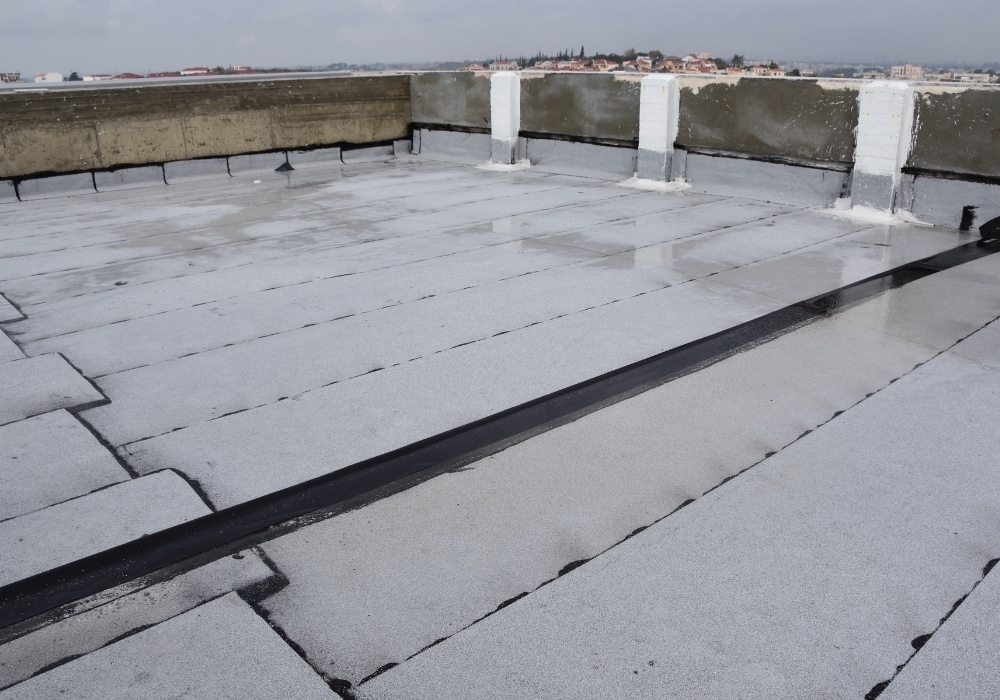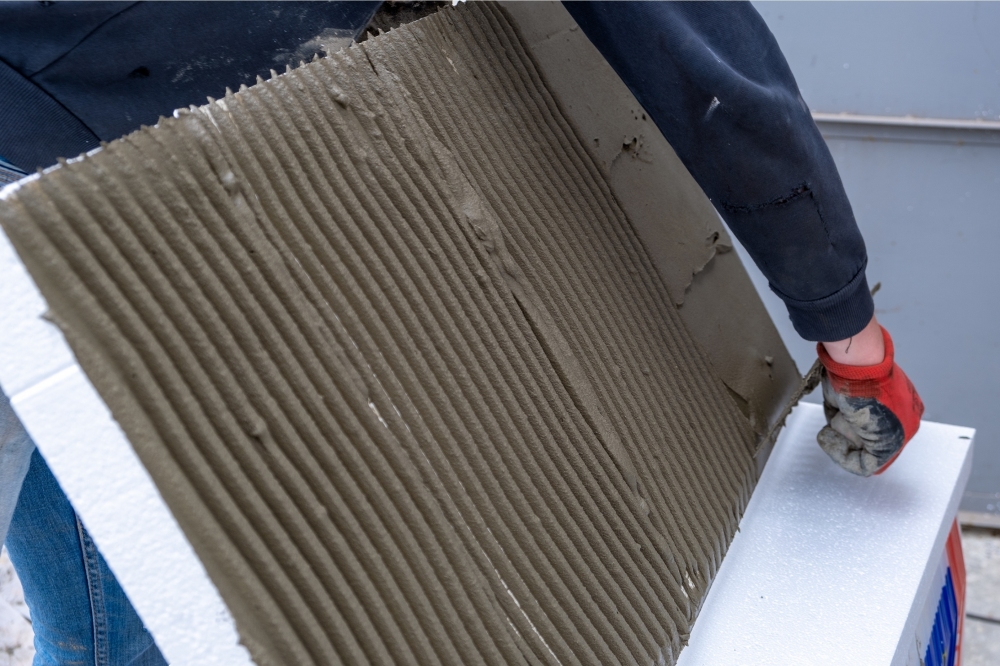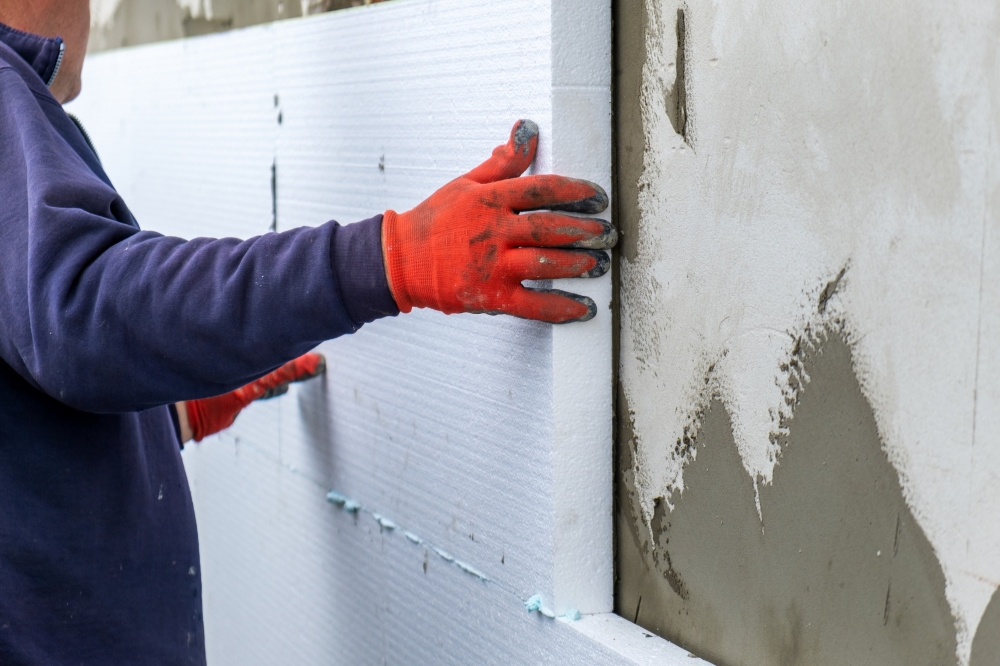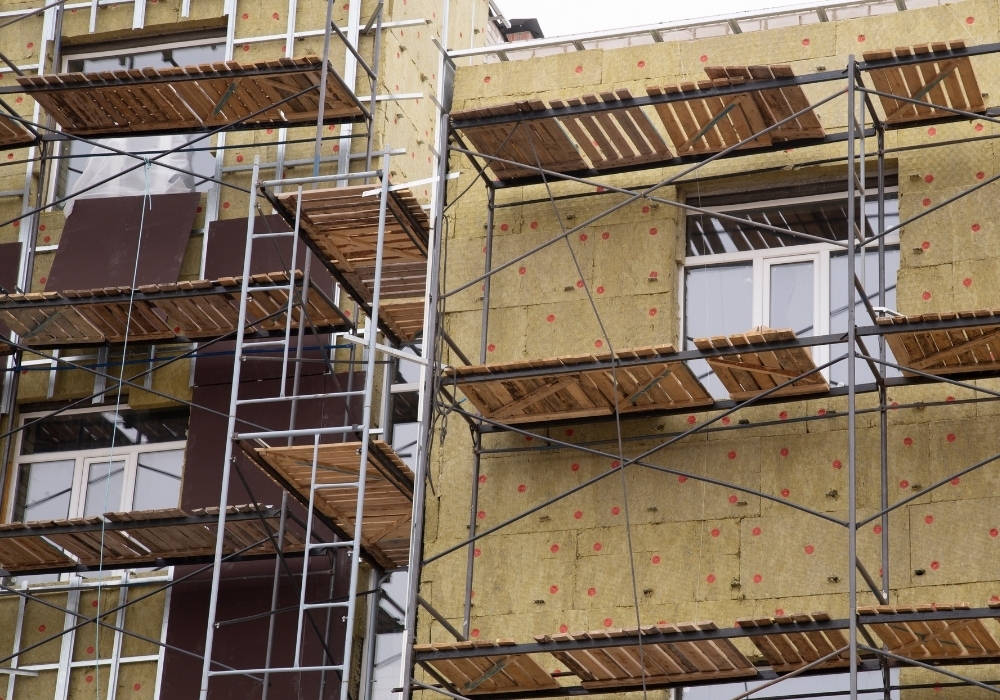
What Is Thermal Insulation? The Most Effective Insulation Types and Prices (2025 Updated Guide)
What Is Thermal Insulation and Why Is It Important?
Thermal insulation (also known as external wall insulation) is a system applied to the outer walls of a building to reduce heat loss, increase energy efficiency, and protect the structure from external factors.
In simple terms, insulation acts like a protective jacket for your building — keeping it warm in winter and cool in summer.
It reduces heating costs and creates a comfortable living environment.
Insulation can be applied in all climate regions of Türkiye and significantly extends the life of the building.
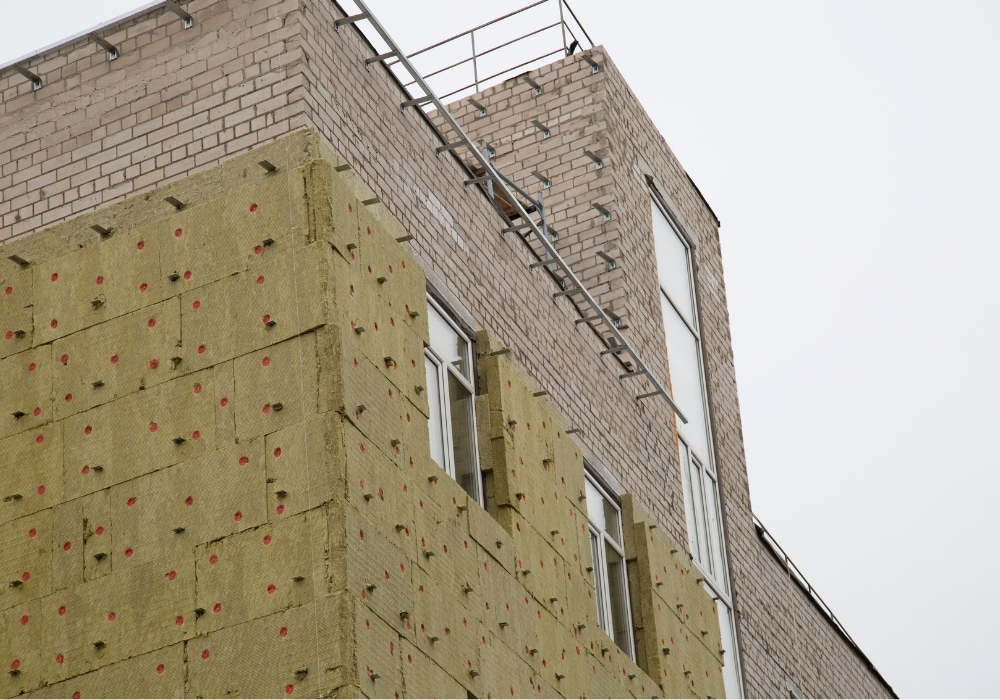
Purpose and Benefits of Insulation
Thermal insulation is not only about energy savings — it also protects the health of your building.
- Saves Energy
Prevents heat loss in winter and heat gain in summer, providing up to 40% energy savings.
- Prevents Moisture and Mold
Eliminates condensation, humidity, and mold problems on interior walls.
- Increases Comfort and Property Value
Maintains a stable indoor temperature, providing both comfort and higher property value.
- Eco-Friendly
Reduces carbon emissions and contributes to a sustainable urban environment.
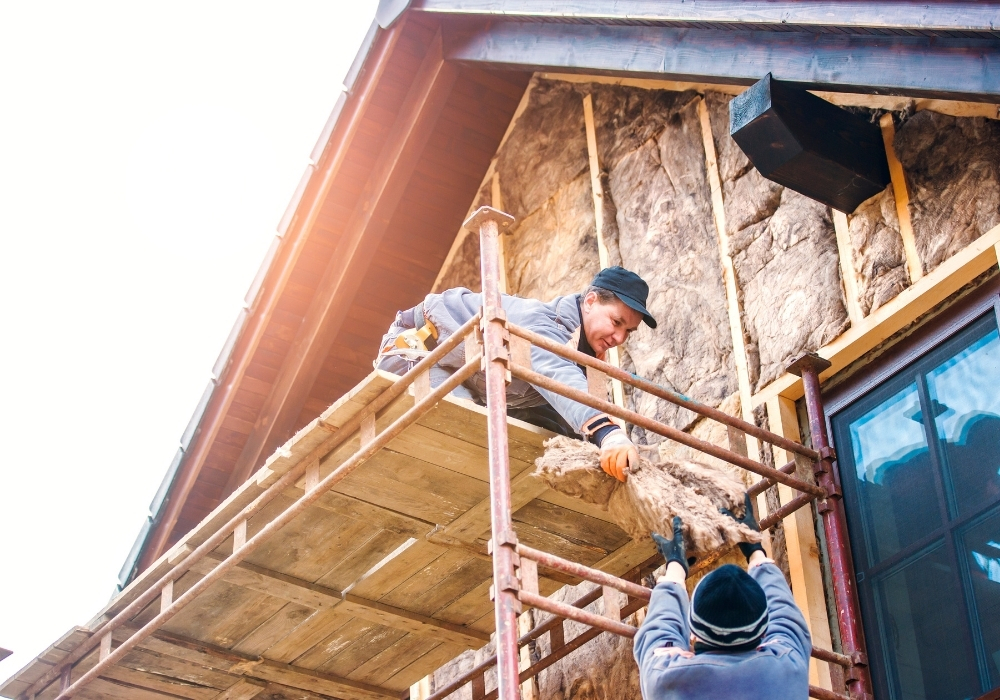
The Most Common Types of Insulation (2025)
Different insulation materials are used depending on budget, location, and building type.
Here are the most preferred insulation systems in 2025 ????
1️⃣ EPS Insulation (Expanded Polystyrene)
Material: Lightweight, affordable, and efficient insulation foam.
Advantages:
-
Easy to install, suitable for most surfaces
-
Cost-effective
-
Provides high thermal efficiency
Disadvantage: Limited fire resistance — not ideal for high-rise buildings without additional safety layers.
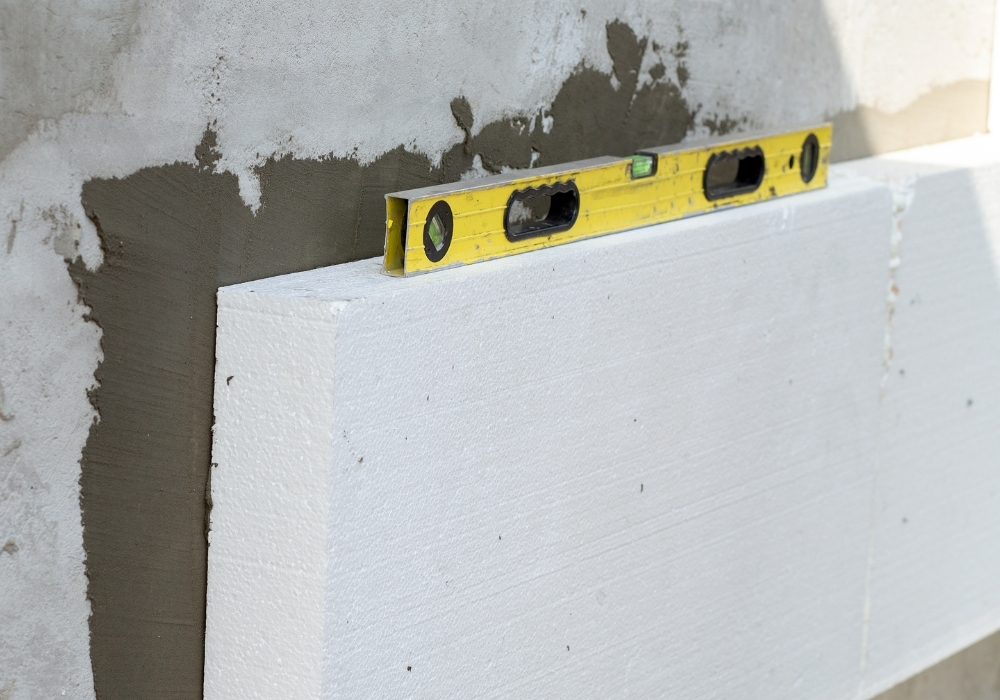
2️⃣ XPS Insulation (Extruded Polystyrene)
Material: Water-resistant foam with high compressive strength.
Advantages:
-
Excellent water resistance
-
Suitable for damp areas and below-grade applications
-
Minimizes heat loss
Applications: Basements, foundations, floors, and roofs.
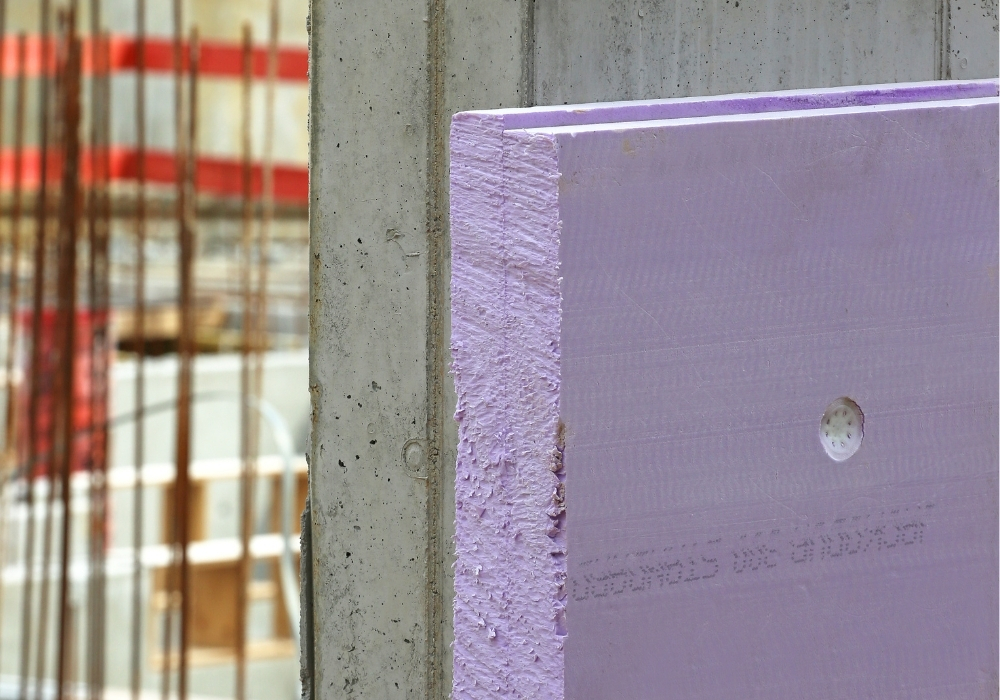
3️⃣ Rock Wool Insulation (Mineral Wool)
Material: Made from natural basalt rock melted at high temperatures.
Advantages:
-
Non-combustible (A1 fire rating)
-
Excellent sound insulation
-
Breathable structure prevents moisture accumulation and mold
Applications: Hospitals, schools, hotels, and high-rise buildings.
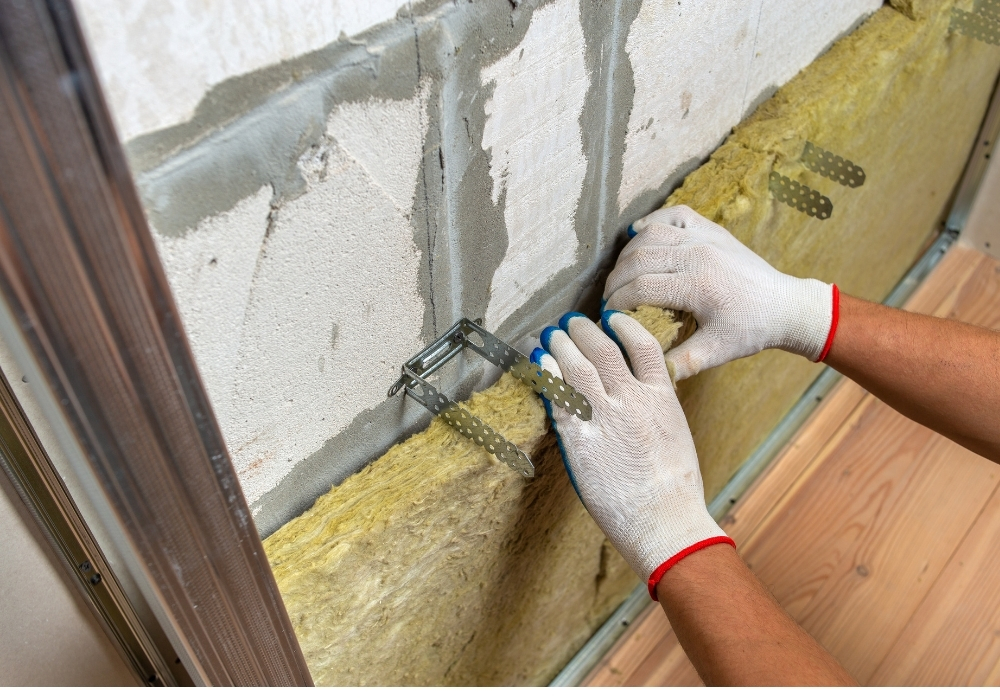
4️⃣ Polyurethane (PU) Spray Foam Insulation
Material: Applied as a liquid spray, expanding into a solid foam.
Advantages:
-
Seamless and gap-free coverage
-
Superior thermal performance
-
Quick application time
Disadvantage: Higher cost compared to other insulation systems.
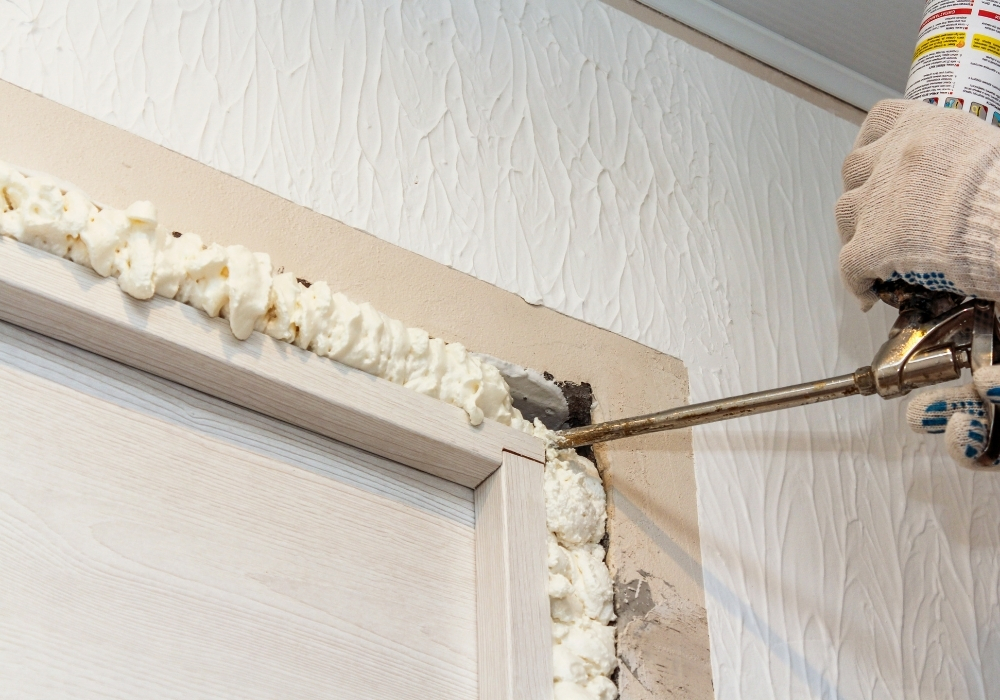
⚖️ Which Insulation System Is the Best?
| Criteria | EPS | XPS | Rock Wool | Polyurethane |
|---|---|---|---|---|
| Thermal Performance | ⭐⭐⭐⭐ | ⭐⭐⭐⭐ | ⭐⭐⭐⭐ | ⭐⭐⭐⭐⭐ |
| Sound Insulation | ⭐⭐ | ⭐⭐ | ⭐⭐⭐⭐ | ⭐⭐⭐ |
| Fire Resistance | ⭐ | ⭐⭐ | ⭐⭐⭐⭐⭐ | ⭐⭐ |
| Water Resistance | ⭐⭐ | ⭐⭐⭐⭐ | ⭐⭐⭐ | ⭐⭐⭐ |
| Cost | Low | Medium | High | Very High |
Summary:
-
For homes: EPS is the most economical.
-
For humid areas: XPS performs best.
-
For fire safety: Rock wool is ideal.
-
For modern high-performance projects: Polyurethane is preferred.
Insulation Prices in 2025
Average insulation prices vary depending on materials, façade height, and workmanship quality.
| Insulation Type | Description |
|---|---|
| EPS Insulation | Most economical system |
| XPS Insulation | Water-resistant system |
| Rock Wool Insulation | High-performance and fire-safe |
| PU Spray Insulation | Premium insulation solution |
Energy Performance Certificate (EPC) and Insulation Requirement
According to Turkey’s Energy Performance in Buildings Regulation, thermal insulation is mandatory in all new constructions.
External wall insulation is one of the main criteria for obtaining an Energy Performance Certificate (EPC).
Professional Insulation Service by Efil İnşaat
At Efil İnşaat, we provide professional EPS, XPS, Rock Wool, and Polyurethane insulation systems
tailored to your building’s needs.
